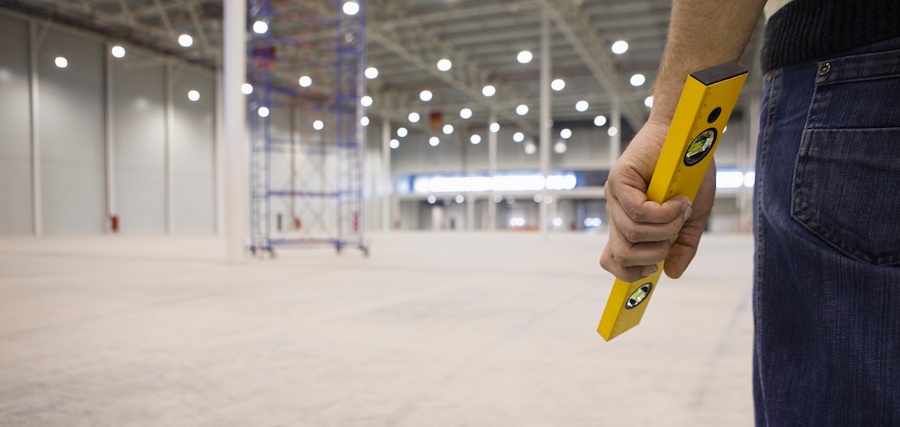Choosing a career can be rather daunting at times. Some people know they are going to have their dream job because they have worked their entire lives preparing for a specific trade.
Then there are those that know what they are going to do because of family tradition. While others find their path because a career “fit” them better than all the rest. Ultimately, I feel the best formula for finding a career that suits you is finding one that has longevity, sustainability, and fulfillment.
Longevity
They say the second oldest profession in the world is logistics…and it is true. From the beginning of time people have been moving and storing goods for resale or trade for millennia. Until the invention of a teleportation ray, I truly believe people will manually move and store all manufactured goods for market.
Let us take a step back and think about the space you are in while reading this blog; whether that be an office, car, home, subway, or airplane. Everything around you – and I mean everything – got there through logistics. The computer/mobile device, your desk, chair, carpet/tiles, walls, lights, etc. everything was transported to its current location via a supply chain. How does this happen? Very simply put (but vastly more complicated): logistics. Contemplating how everything in your surroundings arrived to its final location could be overwhelming — but to many engineers, operation directors, sales people, and marketers the contemplation is thrilling and fulfilling.
What Is Involved?
Supply chain engineering is a job that involves conceptual construction, realization of logistics, and organization of product-oriented supply chains, both within a company and with its relationships with other companies. It is considered a retail-oriented job, but does not involve serving the public; rather, it is a behind the scenes  job in the retail sector.
job in the retail sector.
The supply chain engineer of a company plays a valuable role in making sure things get to the company and to their destinations beyond the company as smoothly and easily as possible, and with as little expense as can be arranged.
What Does It Require?
Two key qualities of a supply chain engineer include efficiency and commitment to designing effective systems for working with the supply chain’s flow of goods from one place to another. It does require managing other people as well as products, and the person in the position needs to have sharp intellectual skills to fit the job.
If you want to learn how to become a supply chain engineer, here are the steps to doing so:
- Get a BA or BS degree in a related field. While not all companies require their supply chain engineers to have a college degree, candidates who have one are generally preferred.
- Be certified as a supply chain engineer. Some companies don’t require this, but some do.
- Have two to four years of experience in a related field, such as transportation or warehousing, or in a supply chain department at a retail company.
- Be well-versed in using MS Excel, Access, Visio, Project, and PowerPoint.
- Be knowledgeable in data rationalization and data definitions.
To Sum It All Up
If you can come to an employer with these five things, you stand a very good chance of getting hired as a supply chain engineer. Win over your potential employer with your personality, professionalism, skills, experience, and dedication to getting the job done, and you are well on your way to a rewarding new career.

